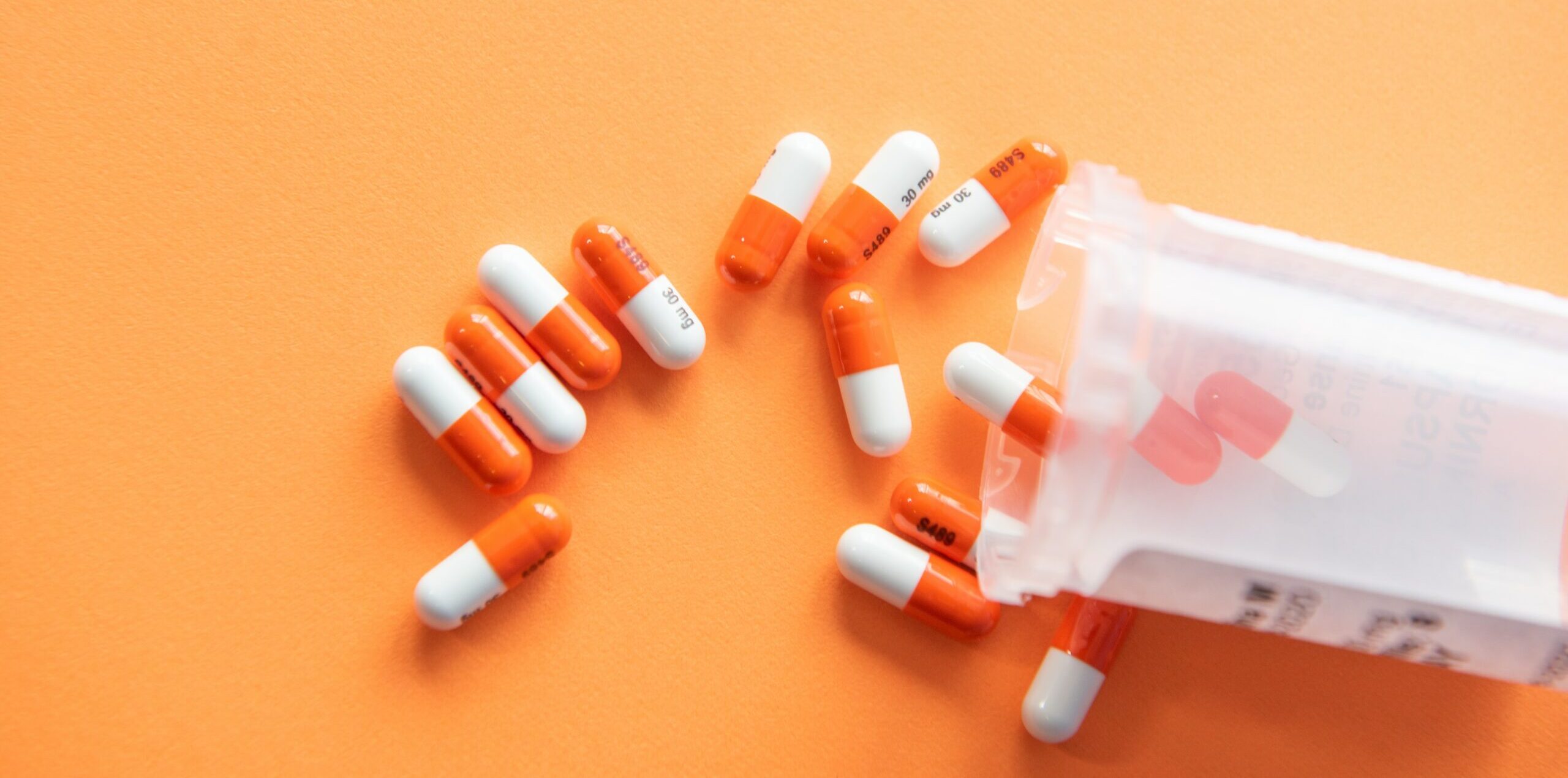The NHS in Lincolnshire will be doing its bit to create awareness of global antimicrobial resistance during World Antimicrobial Resistance Awareness Week 2024, which will take place between 18 to 24 November.
Management of viral infections remains a key challenge for healthcare professionals and can have an adverse impact on the use of antibiotics, meaning that now more than ever healthcare professionals, patients and the public need to work together to prevent serious infections through infection prevention.
“From the perspective of a healthcare professional, this means we need to follow infection prevention and control measures as rigorously as ever, do our bit to encourage the uptake of vaccinations when recommended while reducing inappropriate antibiotic use,” says Jennie Clements, Lead Nurse, Health Protection, NHS Lincolnshire Integrated Care Board.
“From the public’s point of view, we need people to be aware that antimicrobial resistance is one of the most urgent global threats to the public’s health, plus the fact that antibiotics can cause side effects, such as nausea and diarrhoea, that can contribute to the development of antibiotic resistance.”
Antibiotics are used to treat or prevent some types of bacterial infection. They work by killing bacteria or preventing them from spreading. But they do not work for everything.
“Many mild bacterial infections get better on their own without using antibiotics and it’s important for people to understand that antibiotics do not work for viral infections like colds and flu, and most coughs,” explains Jennie.
“Antibiotics are no longer routinely used to treat chest infections, ear infections in children or sore throats, so when it comes to antibiotics, please take your doctor’s advice on whether you need them or not. Antibiotic resistance is a big problem – taking them when you do not need them can mean they will not work for you in the future.”
So the message is clear – only take antibiotics when you need them and your doctor or pharmacist has advised you to, be mindful that antibiotics do not work on viruses and won’t make you feel better, and bear in mind there are simple things we can all do to help prevent illness.
“It’s been a while since it was widely heard but ‘catch it, bin it, kill it’ is still very relevant, particularly when it comes to remembering to wash your hands, since handwashing can prevent around 30% of diarrhoea related sickness and about 20% of respiratory infections like colds,” adds Jennie.
